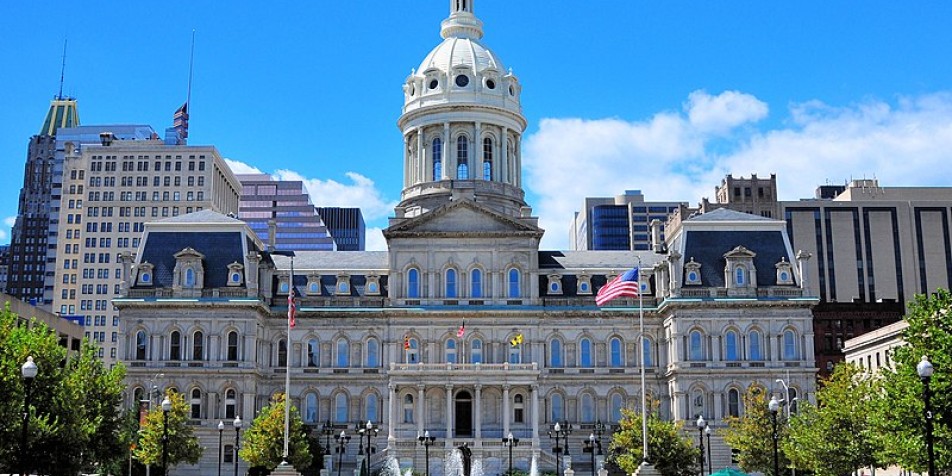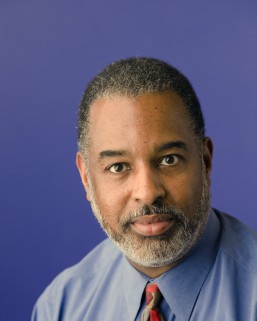Commentary: Juvenile sentencing bill is about politics, not reducing crime

Amid media reports about juvenile offenders, politicians rush to appear tough on crime.
It is said that the definition of insanity is doing the same thing over and over and expecting different results. Maryland is among states poised to roll back or repeal bipartisan criminal justice reforms, including reforms for children, teenagers and young adults, even when the evidence is clear that they should not.
We are former federal judges. We have seen this movie before.
When crime goes up, moral panic ensues and politicians compete with one another to enact tough-on-crime measures, such as mandatory minimum sentences, three-strikes laws and pushing more adolescents into the adult criminal justice system. This is so, even when scholars such as those who wrote “The Growth of Incarceration in the United States,” a landmark report from the National Academy of Sciences, made clear that little to no relationship exists between harsh penalties and crime rates. Yet, when crime declines, the system rarely self corrects. Politicians don’t seek lower penalties, prosecutors charge as they always have and even judges resist moderating sentences. Things remain the same — that is, until the next crime spike or celebrated offense.
This is the recipe for mass incarceration and a rate of imprisonment higher than that of any other Western country.
